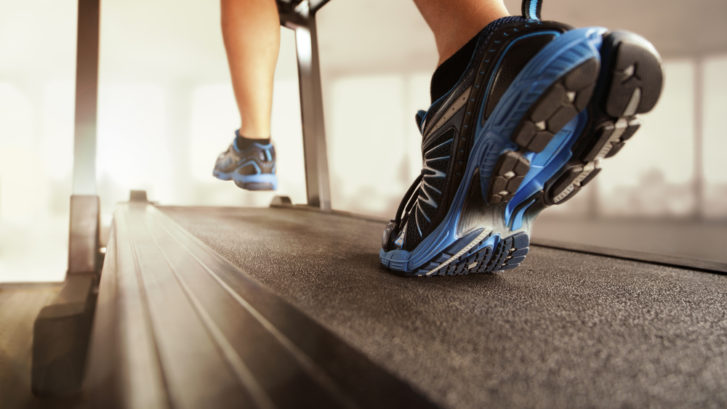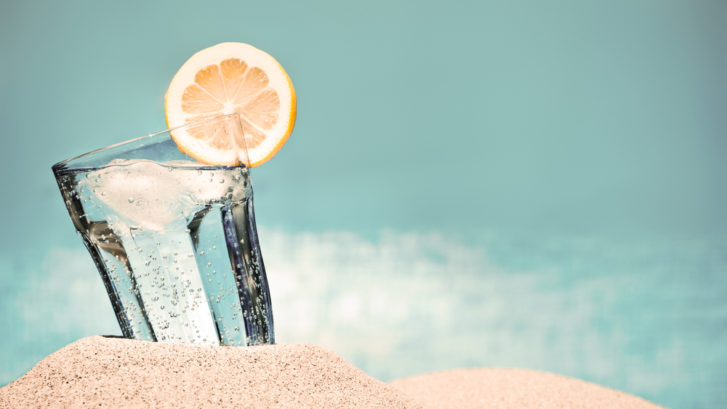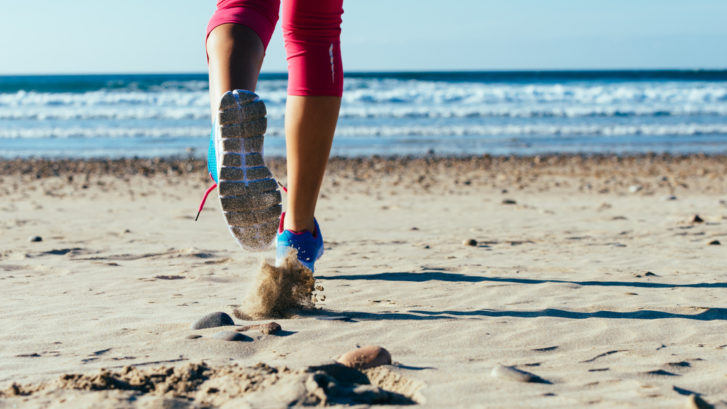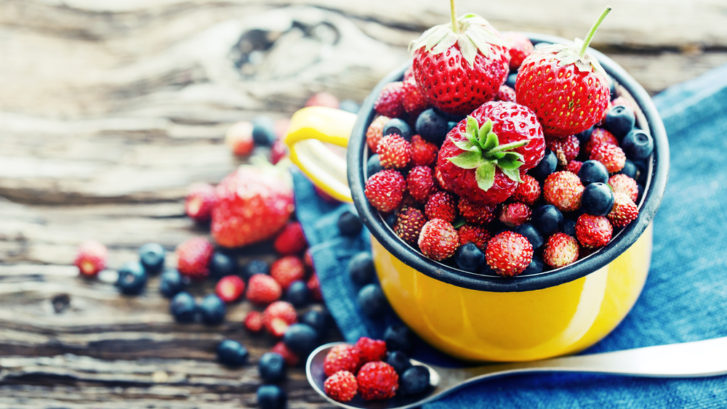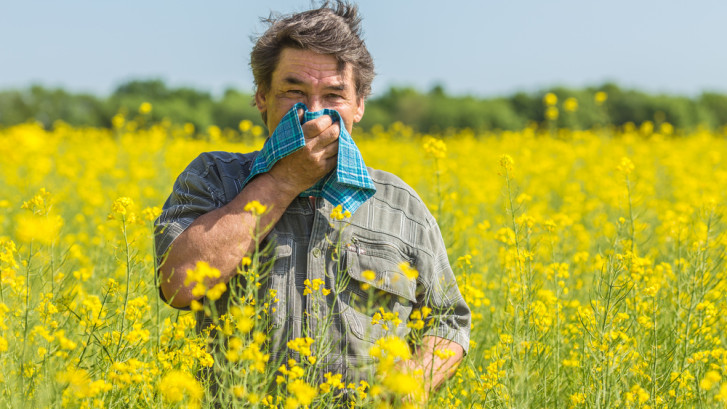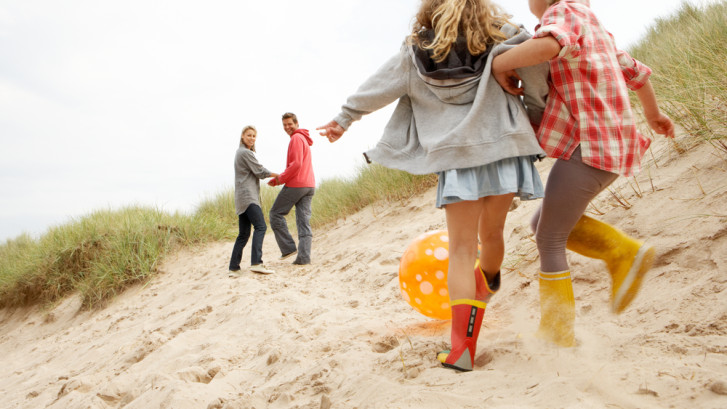Living in South Florida, it’s always nice to take advantage of the sunshine and beautiful scenery. There’s nothing better than a cool breeze during an intense workout, like a run on the beach by the ocean. But are you exercising responsibly under the hot sun? Here are just a few tips for working up a sweat in the blazing heat.
1. Wear Sunscreen
It isn’t just for an afternoon at the beach. If you plan on spending any substantial length of time outdoors, put on sunscreen before you do. Make sure you choose a brand that provides UVA and UVB protection. Even if it’s cloudy outside, lather it on!
2. Choose Your Socks Carefully
Most exercise requires your feet, so if your sweaty socks are giving you infections, irritations or injuries, you might wind up sidelined while your feet heal. To avoid this fate, buy socks in light, breathable fabrics.
3. Eat Complex Carbs
Complex carbs work on a slow-release system. If you eat them the night before you work out in the sun, you’ll start converting them into energy the next day while you’re actually outdoors. It’s never okay to skip a meal, especially when you’ll be burning calories!
4. Take Your Vitamins
Vitamins C and E will help protect you from the effects of the sun. They can also take some of the sting out of your sunburn if you weren’t quite quick enough to grab them from your medicine cabinet. It’s good to stock up on aloe vera or an aloe vera gel just in case you get a little burn. Aloe is very soothing!
5. Watch Your Colors
You might already know that black clothing absorbs sunlight, but were you aware that any colored fabric can be a beacon for the sun? To avoid the worst of its heat, wear white. And keep it loose and light – or opt for clothing items that have SPF in the fabric!
6. Protect Your Scalp
Skin cancer can develop anywhere, including the small exposed sections of your scalp. For the best protection, wear a hat outdoors; if your sport or exercise routine won’t allow it, consider wearing your hair another way.
7. Take a Day Off
Heat stress can build up over time. If you exercised in blazing weather yesterday, you’re more at risk of heat stroke and heat exhaustion than someone who didn’t. Remember to take breaks and allow your body to fully recover from the heat.
8. Mind Your Allergies
Stuffy noses and watery eyes aren’t conducive to a good workout. If you have a problem with pollen, start taking antihistamines before you hit the park. Give them time to work through your system before you expose yourself to allergens.
9. Stay Hydrated
We can’t stress this one enough! Last but certainly not least, always have a supply of fresh water when you exercise outdoors. Not only will it keep you from overheating in the sun, but it will also keep you performing at your strongest, fastest and most limber. Drink water before, during AND after your workout!
These are just a few tips for exercising outdoors. There’s nothing wrong with wanting to exercise on the green grass or sandy beach under a cloudless sky, but make sure you take precautions so you won’t regret your decision tomorrow!



